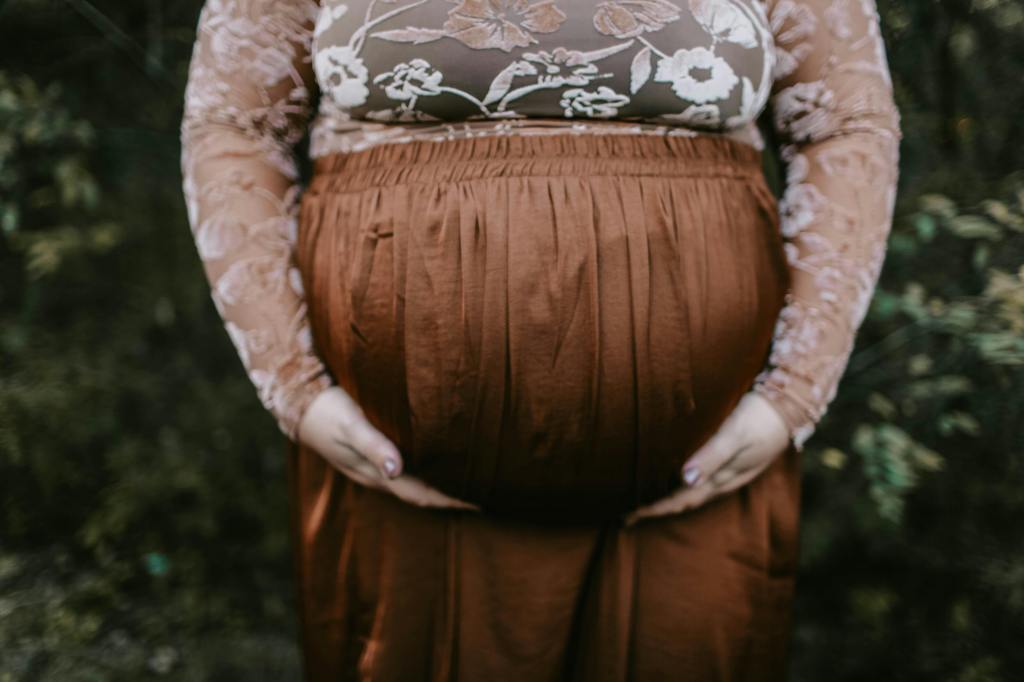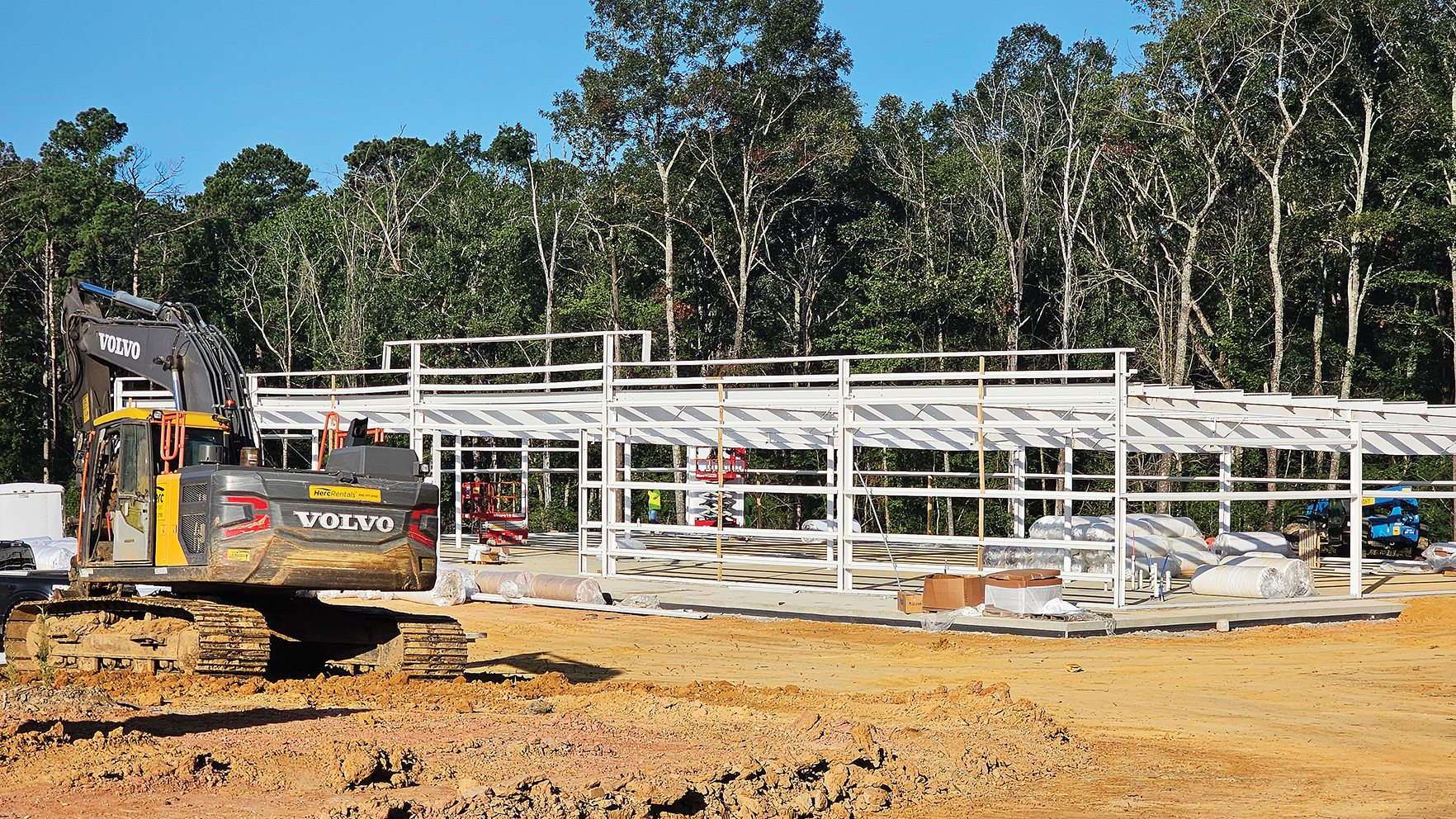Legal study: Mississippi ranks 4th-best state for maternity care
Published 5:00 pm Wednesday, July 23, 2025
Mississippi offers the fourth-best maternity care in America, according to a recent study by FHV Legal.
The company analyzed data across 47 states, evaluating six critical maternity care metrics: NTSV C-section (first-time mothers at full term, with child in correct position) rates, number of hospitals offering lactation consultation, vaginal birth after Cesarean (VBAC), and postpartum tubal ligation, as well as the number of hospitals with doulas and midwives. Individual maternity care scores were computed based on these key indicators of quality maternal healthcare.
Mississippi’s score was 80.07. It stands out with 8.83 hospitals offering lactation consultation per million residents — the second-highest in the US. The state also provides strong access to hospitals offering VBAC (7.82 per million residents) and postpartum tubal ligation (8.49 per million residents), making it a notable leader in comprehensive maternity services.
Trending
However, Mississippi also has the highest average NTSV C-section rate, at 28.93 percent.
The top three states were Maine (92.38), Kentucky (86.95) and Alaska (83.70).
C-section rates are particularly significant as unnecessary cesarean deliveries increase risks for both mothers and babies. Meanwhile, access to supportive services like doulas and midwives has been shown to improve birth outcomes and maternal satisfaction.
“When it comes to childbirth, access to quality maternity care isn’t a luxury — it’s a matter of health and safety for mothers and newborns,” said FHV partner and medical malpractice attorney. “Mississippi’s showing in this study highlights how prioritizing services like lactation consultation, postpartum care, and support for VBAC can make a measurable difference. Mississippi’s strong availability of key maternity services shows both progress and opportunity. It’s proof that investing in comprehensive, patient-centered maternity care helps ensure safer births, healthier outcomes, and more empowered parents.”
This study was limited only to 47 states since the data from North Dakota, South Dakota and Vermont were not available. The data were extracted from The Leap Frog Group 2025 Report. It features the national trend from Leapfrog Hospital Survey data for the year 2024.





